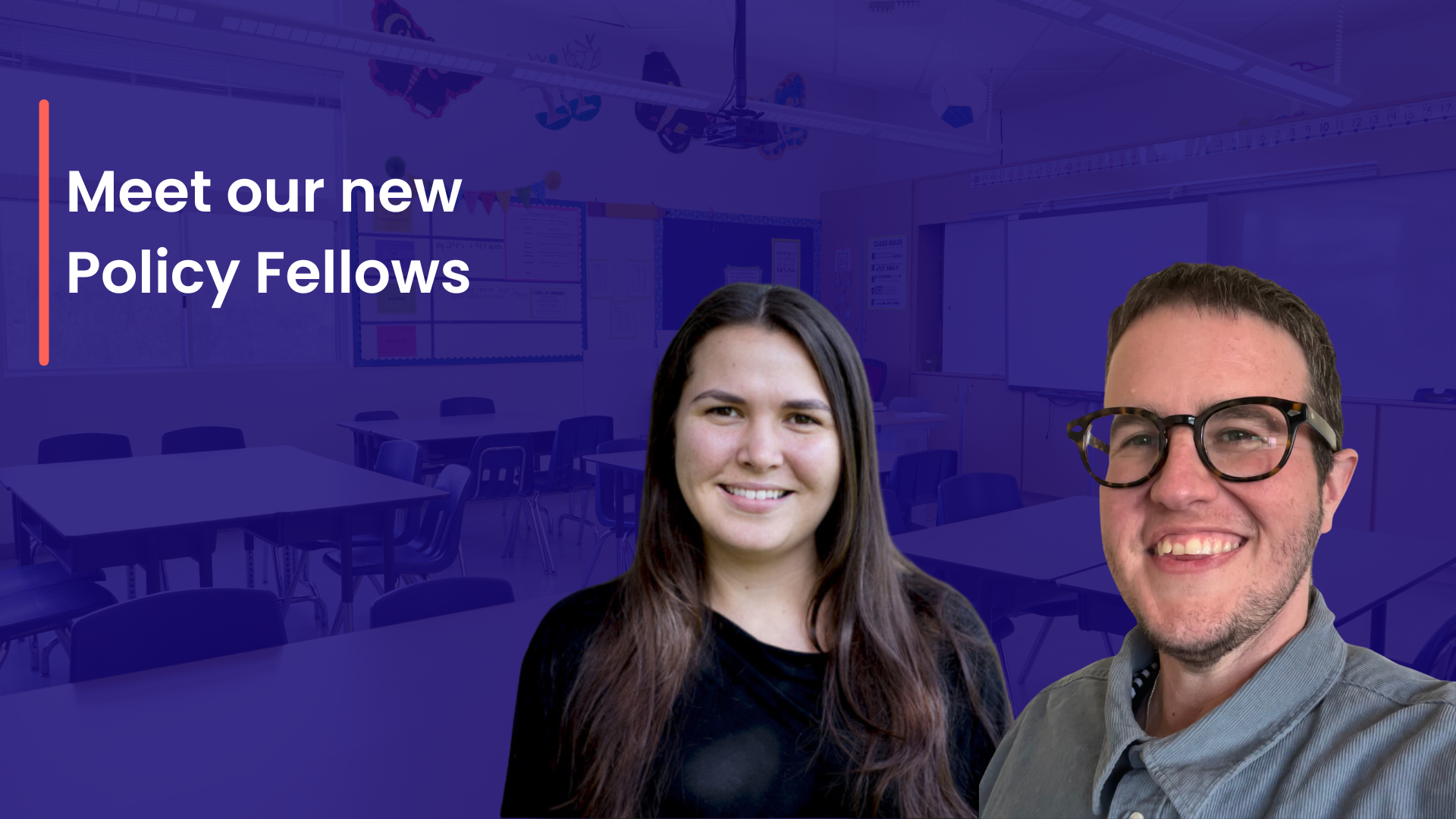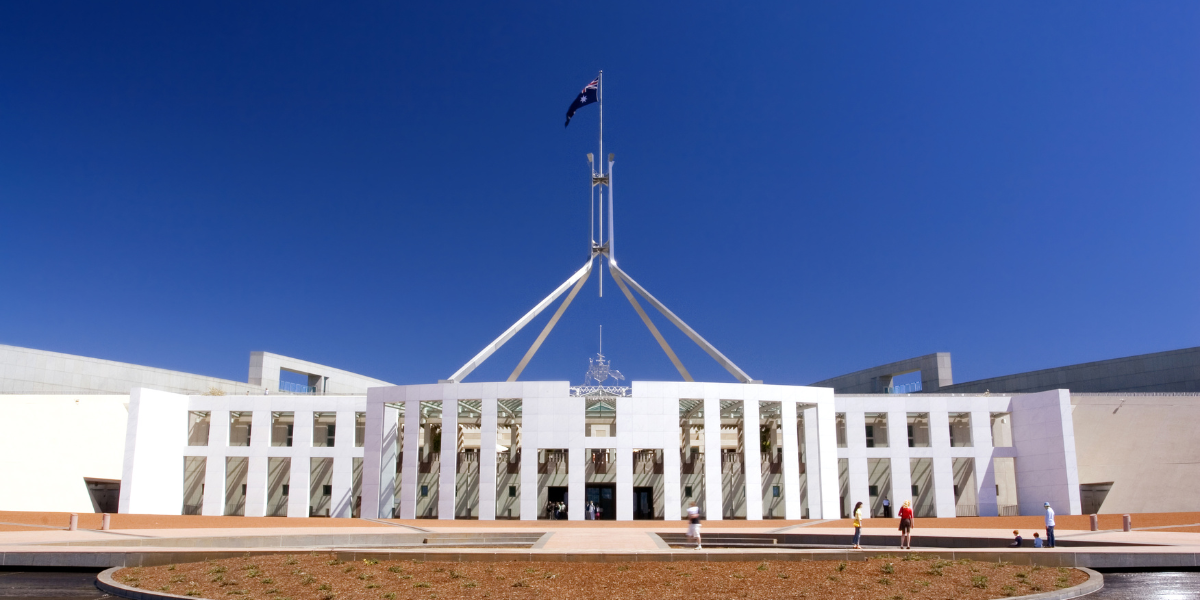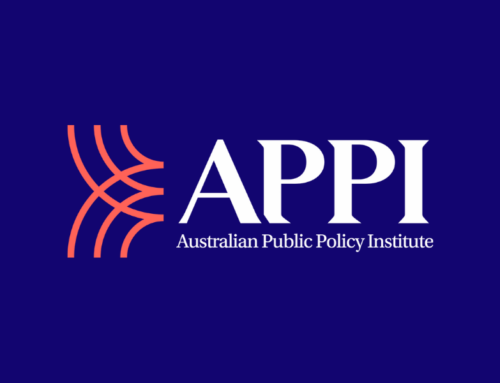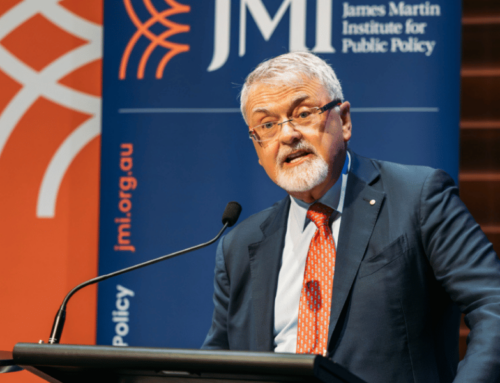
Tackling the school-to-prison nexus is a critical issue for NSW policymakers today. Recent research highlights an increase in school exclusions, disproportionately affecting Indigenous students. In September, JMI welcomed Dr Archie Thomas and Samara Hand as Policy Fellows (Academic Stream) who are conducting policy research on new approaches to breaking the school-to-prison nexus and improving educational outcomes for all students.
Dr Archie Thomas is an award-winning researcher and educator at the University of Technology Sydney whose work has focused on how institutions can transform to better service the needs of historically marginalised groups.
Samara Hand is a Worimi/Biripi scholar born on Awabakal Country. She is a doctoral candidate in Law at the University of New South Wales. She is also a co-founder of the National Indigenous Youth Education Coalition, an Indigenous organisation dedicated to backing the voices of Aboriginal and Torres Strait Islander young people to reclaim their rights in education.
Your fellowship with JMI focuses on the school-to-prison nexus. What has led you to look at this issue and why is it particularly timely now?
Samara Hand: A couple of things have led me to look at this issue with a sense of urgency. First and foremost, through my work at the National Indigenous Youth Education Coalition, I have heard countless times from Aboriginal and Torres Strait Islander young people in our workshops that they are concerned about school exclusion as a pressing issue for them.
Recent research has shown an alarming increase in the number of school exclusions and a persistent overrepresentation of Indigenous students. Indigenous people are also overrepresented in the criminal legal system, and we know from research on the school-to-prison nexus in other parts of the world that there is a direct link between being excluded from school and later criminal justice involvement.
These exclusions can further compound existing inequalities and perpetuate cycles of structural disadvantage.
As co-founder & Research and Impact Director of the National Indigenous Youth Education Coalition (NIYEC), how has your experience working to centre Aboriginal and Torres Strait Islander voices provided insights that could inform the work of this project?
Samara Hand: A lot of the work we do at NIYEC with Aboriginal and Torres Strait Islander young people is around reimagining the future of education, and one of the things we keep hearing is that Aboriginal and Torres Strait Islander young people would like an education system where there is ‘no more school exclusion’.
We have taken this as a call to action, which directly informs this project where Archie and I are exploring potential policy alternatives to school exclusion in NSW. By urgently addressing the issue of school exclusion, we can work towards breaking the school-to-prison nexus and improving educational outcomes for all students, ultimately contributing to broader commitments to closing the gap in Australia.
How does your work with JMI tie in with domestic and international work in the space? How can alternative models for excluded students inform Australian responses?
Dr Archie Thomas: There have been long-running conversations on the issue of the school-to-prison nexus happening in the US, Canada, the UK and some other locations. So, we see a lot more research and advocacy in these locations. We have also seen some innovative policy options raised in those jurisdictions.
In Australia, the conversation about the overuse of exclusionary discipline and its connection to over-incarceration is just beginning to emerge. Looking elsewhere, we want to see what they have learnt from over two decades of work in this space and consider how it might be useful to advance the discourse and policy forward in order to tackle the problem of school exclusion in Australia.
More generally, what are the policy opportunities you are both particularly interested in and optimistic about for NSW and Australia?
Both: The recognition of the issue in policy and political debate – for example, in the Closing the Gap Agreement and the Disability Royal Commission – has been a long time coming and represents a really important development and opportunity for coordinated action and reform.
We are interested in the nationwide reforms introduced in the US to reduce exclusion, and whether such an approach is practical and implementable here. We are also interested in how advocates have worked with teachers and teachers’ unions, because teachers often feel under the pump and overworked; and of course in NSW we have a teacher shortage, so this presents a particular challenge that we need to keep in mind as we want to support teachers while addressing systemic issues around school exclusion.








